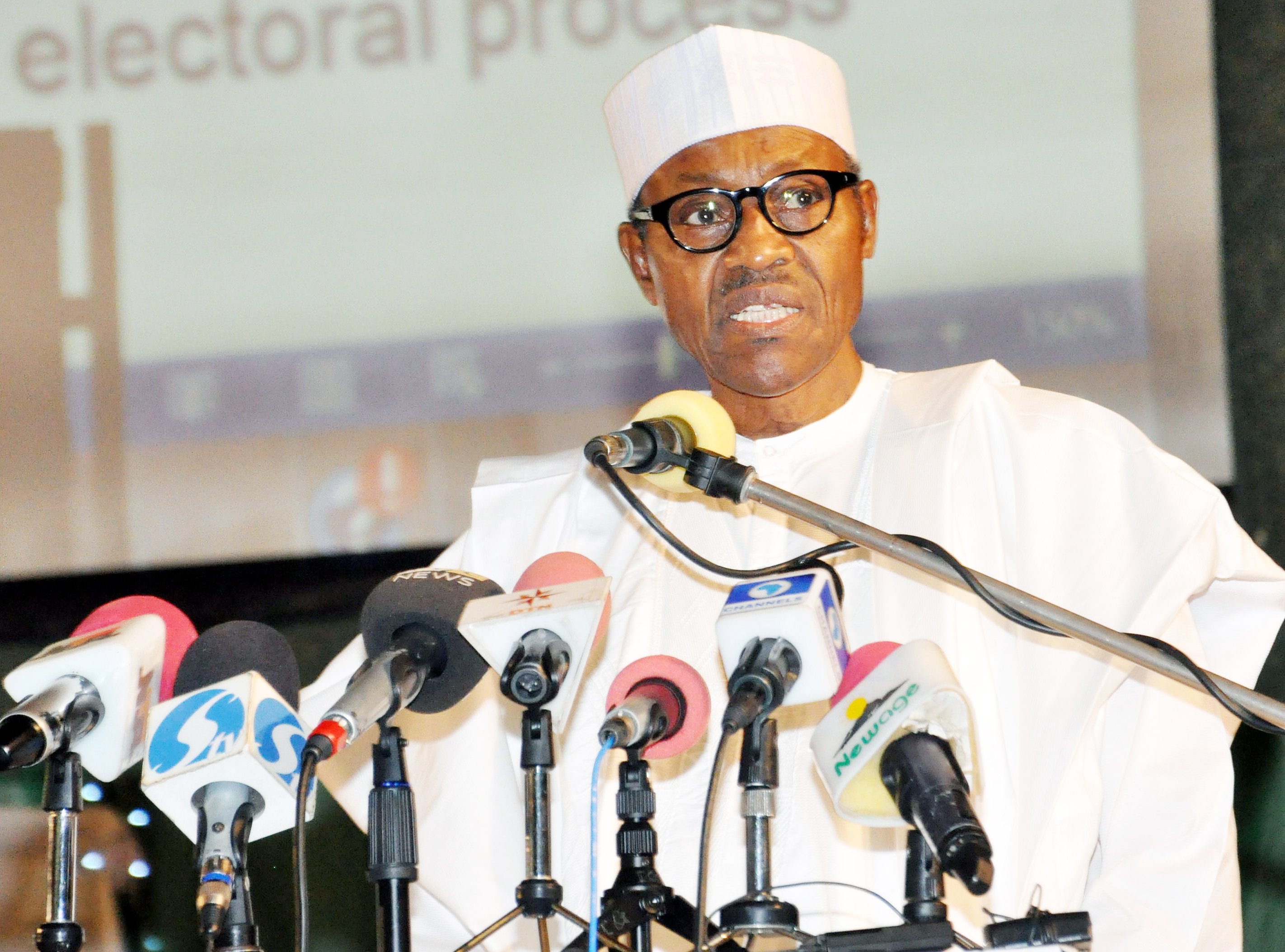Amidst speculation that he will be the Petroleum Minister, the Petroleum and Natural Gas Senior Staff Association of Nigeria (PENGASSAN) has called on President Muhamadu Buhari to increase local refining capacity before embarking on any deregulation process
This was communicated in a statement on Tuesday, June 2, 2015 by PENGASSAN National Public Relations Officer, Mr Emmanuel Ojugbana.
The petroleum union asked the president to ensure that the focus of deregulation policy was based on local production rather than importation.
It said that if Nigeria’s refining was not increased to meet local demand for petroleum products, (especially petrol), then removing subsidy on petroleum products would bring more hardship on Nigeria.
PENGASSAN also stated that removing subsidy while the country depended on importation of refined products would make prices of refined products to be out of the reach of the masses and lead to inflation.
It was of the view that the importing of refined petroleum products was a major drain on the nation’s revenue and created jobs for the refining nations in spite of the high unemployment rate Nigeria faces.
“Importation of refined petroleum products is also putting the Naira under undue pressure and creating social problems for the economy.
“This is unacceptable to PENGASSAN.
“Abrupt removal of fuel subsidy will create chaos that may ground the economy.
“PENGASSAN calls for well-coordinated measures with timeline to achieve self-sufficiency in local refining as a means of proffering acceptable steps to end fuel subsidy.
“This should be combined with such other measures for effective optimisation of gas, especially for domestic, industrial, electricity and automotive energy. Such will create other affordable and friendly sources for energy needs,” it stated.
The group called on the government to declare a state of emergency in the downstream oil and gas sector and to convene an all-stakeholders forum to come up with concrete and sustainable steps with reliable timeline for achieving demand-supply equilibrium through local refining.
“Government is thus persistently confronted with import parity pricing and the burden of subsidising the imported fuel instead of locally refined products.
“As an important stakeholder in the sector, we oppose the petroleum products importation regime, which is rent seeking and indeed a drain device that is inimical to our economic and social empowerment.
“It is affecting our self-dependence and means of job creation. Thus, we maintain our unwavering belief in local refining,” it stated.
It stated that PENGASSAN strongly subscribed to the retention of the state-owned refineries in the best interest of the Nigerian nation and for economic security.
It stated that this was in keeping with OPEC’s principle that member countries should hold good grip of the commanding height of their economy.
“PENGASSAN maintains strong objection to the privatisation of state-owned refineries as the OPEC principle is being cautiously guided by other OPEC member countries,” it stated.







